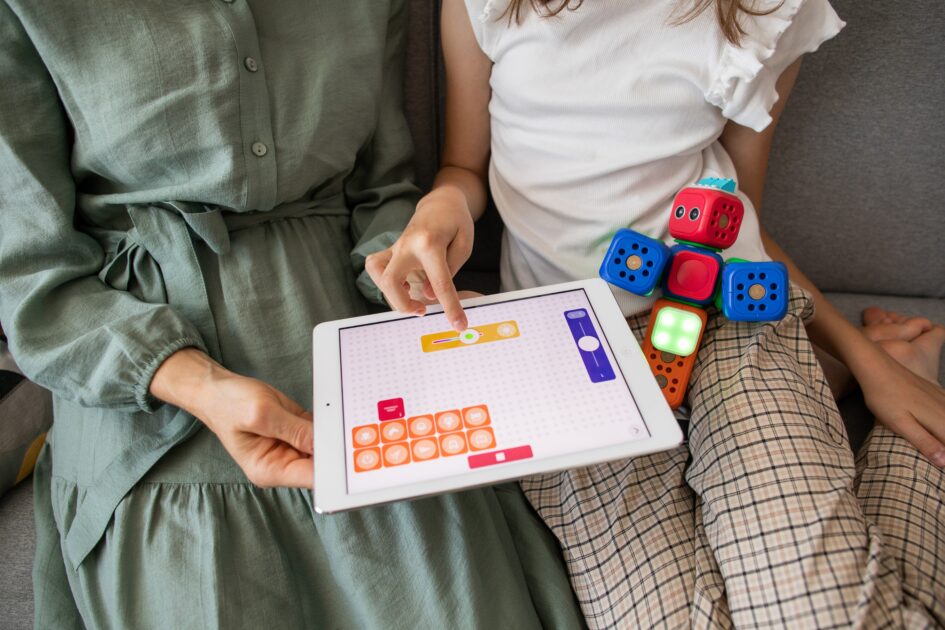Today we held our EdTech class on zoom and had a very special guest speaker: Chantelle Morvay-Adams. Chantelle is the secretary and board of directors BCEd Access Society. BCEd Access Society is a group of volunteer parents who strive to promote equitable access for students with disabilities and complex learners. What’s truly amazing about this organization is that it started out as a simple Facebook group and has now grown to 4000 members within British Columbia.
In the presentation, an importance was stressed on the need to destroy ableism within school communities. Ableism is discrimination towards people with disabilities, and having a mindset that they are “less-than” able-bodied individuals. Chantelle provided examples of ableist questions that can arise when it comes to children with learning disabilities and their need for different technological tools.
- Justifying accessing technology: are they “disabled enough”?
- Can he/she use technology with a timeline instead of using it as a longterm tool?
- How do other students perceive the student using technology?
Those with disabilities need to feel supported in not only their learning but as human beings as well. There has to be a stress in forming personal connections with these individuals as we not only learn about who they are but can also find clues to determine what technology will benefit them in the long run.
What exactly can we do as teachers to better our knowledge of our students disabilities and needs?
- Read students individualized education plans (IEP), unfortunately rare for kindergarten students new to the school system.
- Ask families: build bonds and trust to work together. Many parents look to teachers for guidance and communication. Have sympathy for their struggles.
- Ask past teachers: what were their strategies to help the student?
- Talk to students: engage with them, how do they feel, what do they think will help them in their learning?

Chantelle also discussed the aspect of informing parents of potential disabilities their child may have especially at a primary grade level. I know that as an educator this will be one of the hardest parts of the job as I can’t imagine what it would be like as a parent to hear something I am not expecting when it comes to my child. What teachers need to be aware of is the crucialness of forming relationships with each and every one of your students’ parents as this will establish an element of trust. Stress to the parents that you will strive to do the very best for their child (use “strength language”).
Technology is not always the answer for certain students with learning disabilities but it can be an amazing tool to not only improve their overall learning but it will strengthen their confidence in a classroom environment. So other students don’t feel “left out” from the technology make it a habit to start normalizing technology within your classroom and when lesson planning make it a goal to create lessons that are infused with the Universal Design for Learning.
Thank you so much Chantelle for the amazing perspective of inclusiveness and technology!

Leave a Reply
You must be logged in to post a comment.